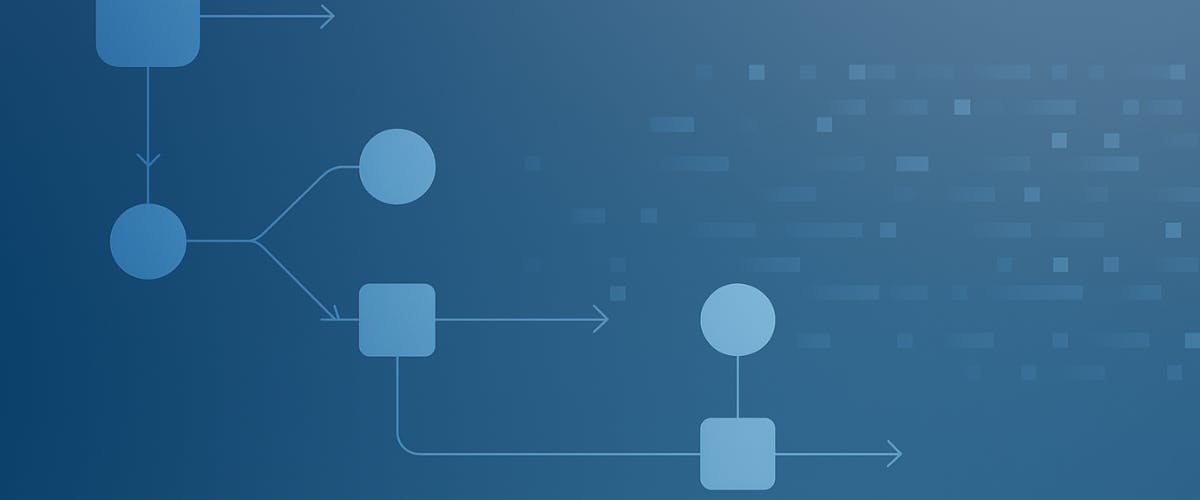The Difference Between AI Assistants and AI Agents Explained
April 25, 2025
The rise of artificial intelligence has introduced new tools that are transforming how we work, communicate, and innovate. Among them, AI agents and AI assistants stand out as two of the most talked-about technologies. Although they sound similar, they serve very different purposes.
So, what truly sets them apart — and why does this matter for businesses that depend on custom software development?
Understanding the Basics
An AI assistant is designed to help users complete specific tasks through predefined workflows. Think of tools like Siri, Alexa, or website chatbots. These assistants respond to commands, retrieve information, or trigger a limited set of actions based on their programming.
By contrast, an AI agent goes a step further. These are autonomous AI systems capable of setting goals, making decisions, and adapting to real-time data. Instead of waiting for instructions, they can take initiative, often coordinating with other systems or agents to achieve complex objectives.
AI Assistant vs AI Agent: A Real-World Analogy
Imagine you are organizing a business trip. An AI assistant helps you book a flight when you ask, and it might suggest hotels or send reminders.
An AI agent, however, understands the broader context of your trip. It evaluates the best itinerary, monitors delays, reschedules meetings, updates your calendar, and rebooks hotel rooms if necessary, all with minimal user input.
The key difference between AI agents and AI assistants is reactivity vs proactivity.

Why the Difference Matters for Businesses
As business operations become more complex, so do their automation needs. While AI assistants help streamline routine tasks, they’re still reactive by nature.
AI agents, on the other hand, introduce a new level of autonomy and intelligence. AI agents offer dynamic decision-making, greater efficiency, and scalability for organizations looking to implement end-to-end automation or build adaptive systems.
Industries like logistics, finance, or customer support can especially benefit from agents that reduce human intervention, make real-time decisions, and collaborate across systems.
Key Capabilities of AI Agents
To function at this level, AI agents require:
- Contextual awareness – understanding goals, constraints, and real-world dynamics.
- Multi-step reasoning – planning actions and adapting based on feedback.
- Integration – interacting with APIs, databases, and other tools.
These needs make custom AI development a critical enabler. Off-the-shelf tools rarely offer the flexibility or control needed for building reliable autonomous agents.
What’s Next: The Future Is Hybrid
The future likely lies in hybrid systems, where AI assistants handle simple tasks and autonomous agents operate in the background to manage more complex processes.
At Elint, we’re committed to building systems that evolve with your needs. Whether you are automating business workflows or exploring agent-based models, it all starts with the right custom software architecture. Talk to us to learn more about our solutions.
Our website uses cookies. Please note that by continuing to use our website, you are consenting to the use of these cookies. For more information, please refer to our Privacy policy.
